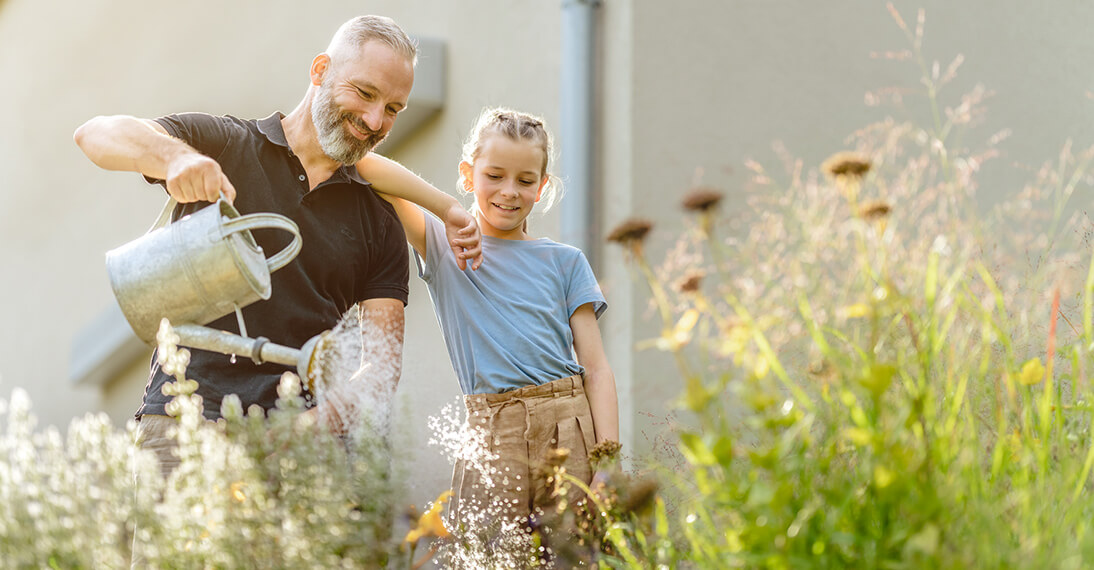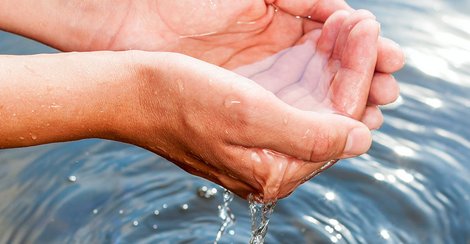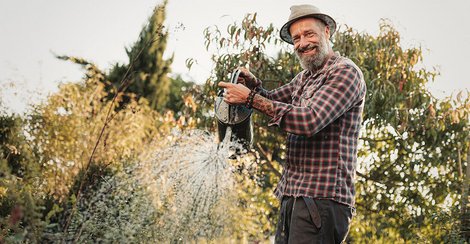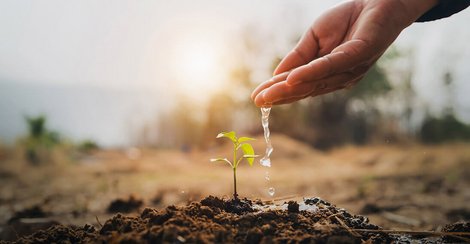Saving water in everyday life - 7 tips for World Water Day 2023
World Water Day on March 22 is not only particularly important for us rainwater specialists. It draws attention to our most elementary resource and its special protection. The attention generated by World Water Day is sorely needed, as we have learned from the increasing number of natural disasters such as droughts and floods around the world. But what can each and every one of us do? The answer is simple: a lot! We have put together seven tips for you on how you can best save water without any effort. In this way, you can help ensure that more of this precious resource remains where nature needs it - in the groundwater reservoirs. You also kill two birds with one stone: if you use less water, you also save money.
Tip 1: Small effort - huge effect: repair dripping taps
Do you like to ignore the sound of dripping taps? That can quickly become expensive! A single leaky tap can consume up to 45 liters of drinking water a day. That's thousands of liters of water a year that simply disappear down the drain! So our first tip is to check all taps in the house at regular intervals (especially those in the cellar and garden) and replace broken seals or cartridges if necessary. In most cases, the problem can be solved in just a few simple steps - you'll have peace and quiet in your home again, use less water and save money at the same time.
Tip 2: Install a flow restrictor
If you like DIY, you will be particularly pleased with this tip: installing flow restrictors is quick and easy. The metal inserts are available for little money from DIY stores. They are fitted to the tap and between the shower hose and shower head. The regulators reduce the amount of water flowing through: you can significantly reduce consumption and save up to 60 percent when showering or washing your hands. And that adds up over the course of the year ...
Tip 3: Save with clever investments: The right dishwasher
Is a dishwasher only worthwhile in large households? Wrong! Various studies have shown that washing up in a machine is more energy-efficient than washing up by hand. In other words, a dishwasher uses less energy and water, namely around a third less electricity and even half the amount of water. An important prerequisite here is that the machine should always be full when you switch it on. The environmental friendliness of dishwashers is now labeled: The letters A and B stand for good energy efficiency classes.
Tip 4: Use rainwater for the household
Did you know that in Germany we get around 70 percent of our drinking water from underground groundwater reservoirs? The only problem is that we use drinking water for many household chores - which is often unnecessary. Laundry, for example, does not need to be washed with drinking water. With our underground rainwater tanks with integrated filter systems, you can create your own water reservoir: the tanks are located underground in your garden and collect rainwater, which is then fed into the house. You can then use it for your laundry or flushing the toilet without any worries - and save tap water and money. If that isn't practical ...
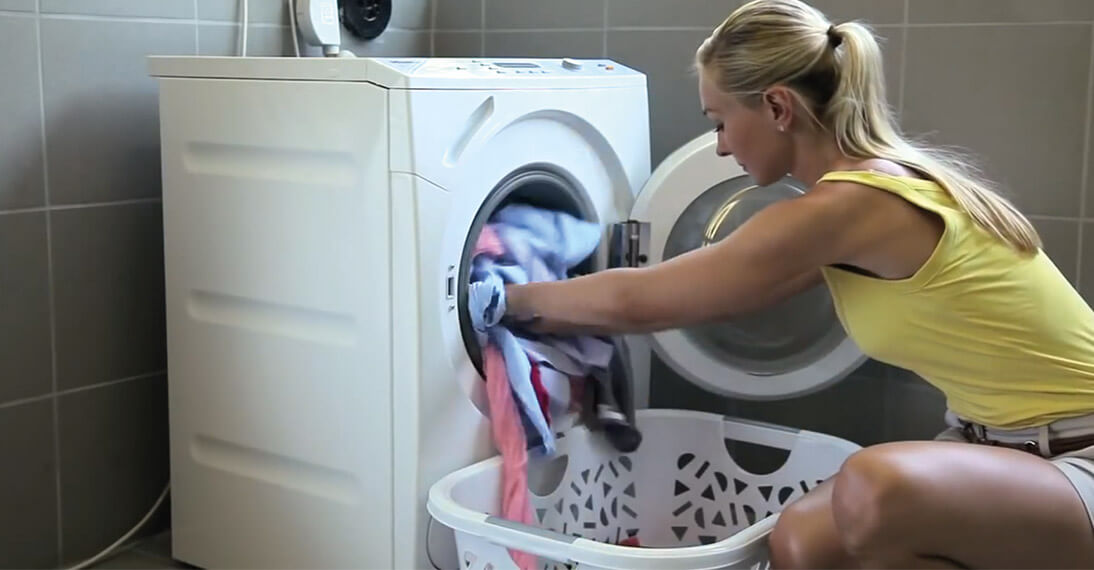
Tip 5: Never leave the tap running - no matter what!
We now turn off the tap for many activities as a matter of course, for example when brushing our teeth. We can apply this to many other activities.
Of course, fruit and vegetables need to be washed before they are eaten. But you can easily save water here too. When washing food, place it in a bowl instead of holding it under running water. This uses significantly less water. And another advantage: the water does not simply disappear down the drain. You can reuse it after washing, for example to water the flowers on the balcony.
Tip 6: Shorter showers, better showers
A long shower is good for you. However, due to the high water consumption, it should remain an exception. If you always take long showers, we have a little challenge for you: make a resolution for the next week to shorten your shower time by one minute every day. At the same time, you can also reduce the number of degrees and thus save additional energy. 2 to 3 minutes of shower time? That can be enough. And, if you turn off the water when soaping up, you will also save valuable water.
Tip 7: Use rainwater in the garden
Especially on hot summer days: save water! But of course your garden should not suffer from drought. Rainwater is a very simple remedy: Not only is it free, but it is also limescale-free, making it ideal for quenching your plants' thirst and reducing your fresh water consumption at the same time. You can collect rainwater in our rain barrels or rainwater tanks, for example. This allows you to build up your own supply and be more independent - even when watering is prohibited due to a water shortage, for example. You can also allow excess water to seep away directly, which promotes groundwater recharge. As our products are made from recycled material, they are doubly environmentally friendly.
